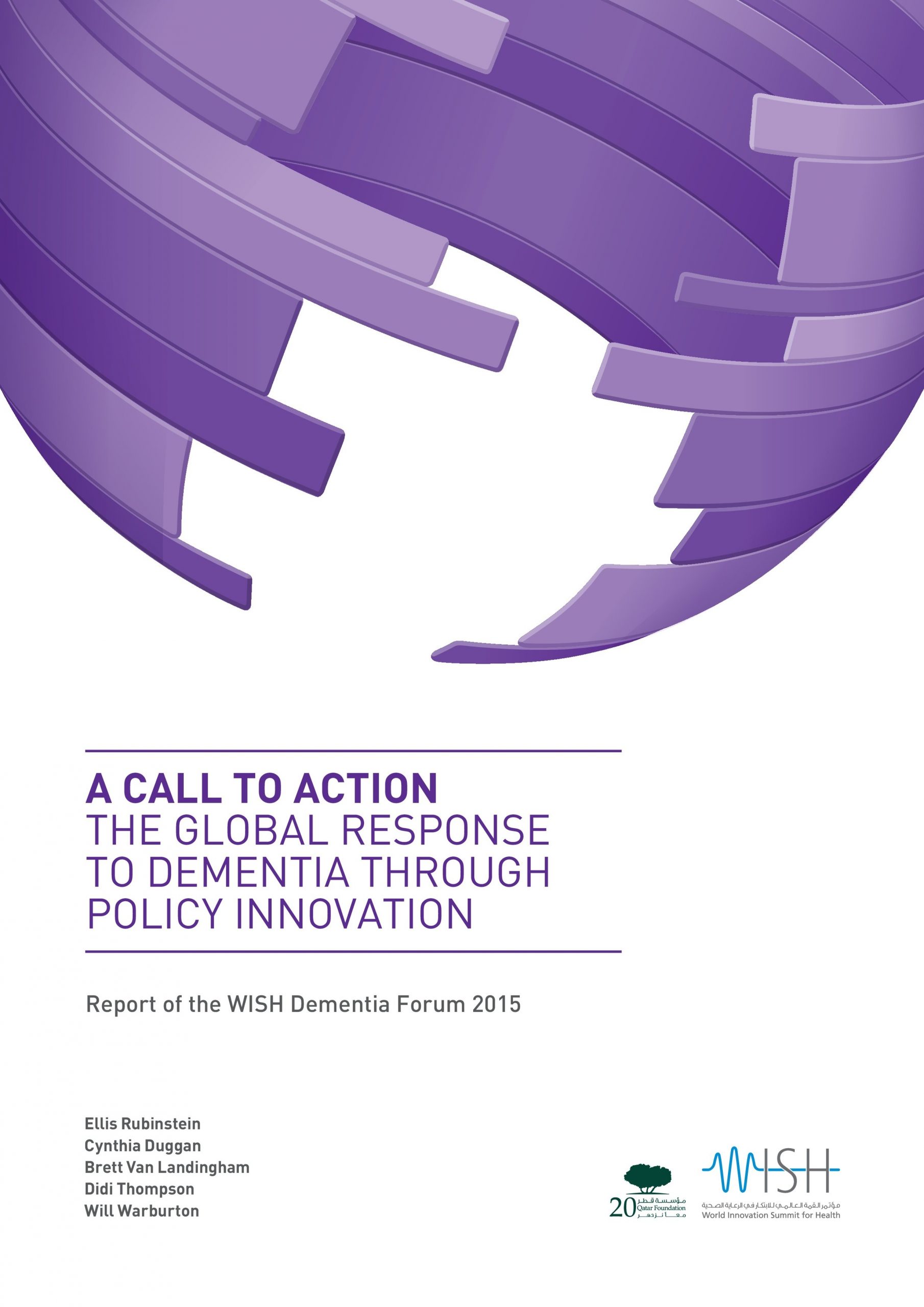Executive Summary
Dementia is the umbrella term for a number of symptoms relating to decline in memory and other cognitive functions severe enough to interfere with an individual’s daily living activities. Types of dementia include Alzheimer’s disease (AD), which accounts for 50–70 percent of all cases, vascular dementia, and less common forms such as frontotemporal dementia and Parkinson’s disease dementia.
Worldwide 44 million people live with dementia, and this figure is expected to reach 135 million by 2050.3 Meanwhile, the cost of care reached an estimated $604 billion worldwide in 2010, equivalent to one percent of global gross domestic product (GDP), and costs are expected to exceed $1 trillion annually in the US alone by 2050.4 Dementia has severe effects on the quality of life of individuals and causes tremendous strain on caregivers and healthcare systems.
This report outlines key issues in understanding dementia and the need to tackle the burden globally. It looks at solutions that are currently available and makes recommendations to policymakers to accelerate prevention, improve care and treatments, and potentially cure the diseases that lead to dementia.

